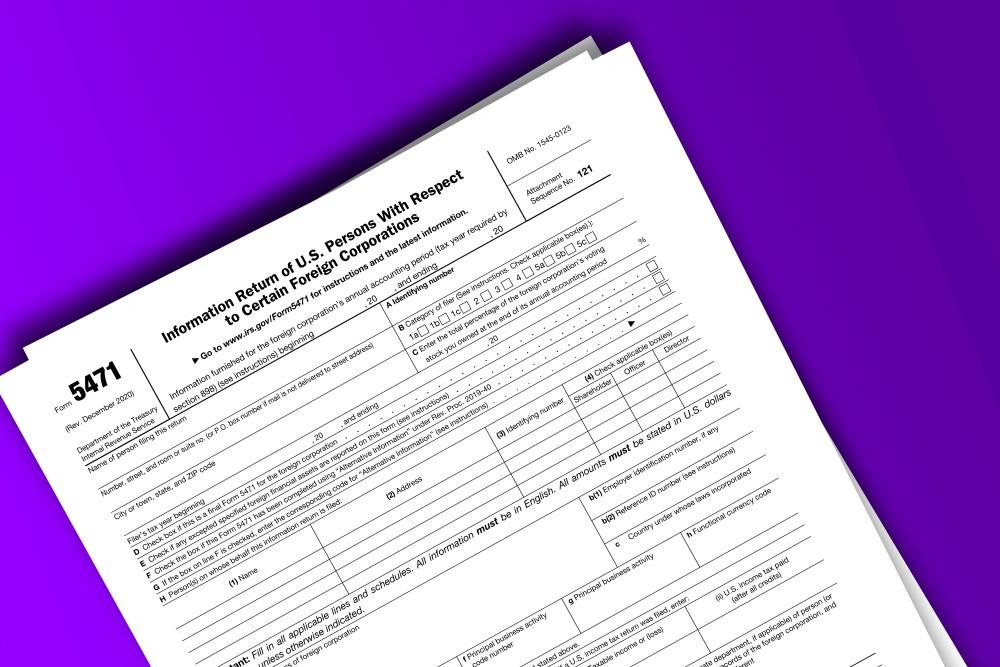The window for taxpayers with undisclosed foreign accounts is closing fast.

With the tax filing deadline just a couple of weeks away, most U.S. taxpayers have April 15th circled on their calendars as the date by which they'll have to let the IRS in on how much they expect back, or more likely (if you're reading this) how much the IRS should expect from them. For most, April 15th marks the end of "tax season" and they can breath easy for another year until the next go-round. But for U.S. taxpayers that have foreign accounts which they've not previously disclosed on Schedule B of their tax return nor filed the required "FBAR" forms, figuring out their potential exposure is only just beginning.
It's no secret to most that for the last several years, the United States has been leading the charge into a new age of worldwide tax transparency, entering into agreements with foreign governments whereby financial institutions with U.S. account holders in those countries will be required to disclose those customers' information to the IRS. The first deadline for such disclosure was March 31, 2015 - that's right, just two days ago. The problem for U.S. taxpayers that have yet to come forward and avail themselves of one of the IRS' voluntary disclosure programs is that once the IRS obtains this information and selects a taxpayer for audit, they no longer have the opportunity to enter into any of these programs. Accordingly, taxpayers that wish to have the opportunity to qualify for the substantially reduced penalties provided within them need to act fast.
The consequences of delaying can potentially be catastrophic. If a taxpayer is deemed to have willfully failed to file the FBAR with regard to a reportable foreign account, they face civil penalties equal to the greater of $100,000 or 50% of the highest balance for each account. It doesn't take long to figure out that the penalties alone can exceed the balance in the account by several fold when there are multiple years of noncompliance. That doesn't include the past taxes due on the unreported income of the taxpayer, as well as the interest and penalties related thereto. Further, failing to file an FBAR can result in criminal prosecution, with violators facing a prison term of up to 10 years and criminal penalties of up to $500,000. By comparison, the government's Offshore Voluntary Disclosure Program ("OVDP") applies a one-time 27.5% (or 50% in certain circumstances where the taxpayer's accounts are with specified institutions) penalty to the highest aggregate value of the taxpayer's offshore accounts and other specified assets during the 8-year disclosure period. It also requires any past-due tax, an accuracy-related penalty equal to 20% of the past-due tax, and any accumulated interest. Additionally, the IRS will not recommend criminal prosecution to the Department of Justice for any issue relating to tax noncompliance or failure to file FBARs when a taxpayer fully and truthfully comes forward within the OVDP construct.
In the wake of the enactment of FATCA and the first deadline requiring foreign banks to disclose information about their U.S. clients to the IRS, taxpayers face some tough choices. While many may sit back and hope their information is somehow glossed over by U.S. tax authorities, the climate change over the last several years from bank secrecy in tax havens like Switzerland and the Cayman Islands to full transparency have significantly altered the way that U.S. taxpayers and their advisors should approach the handling of their foreign assets.
The next disclosure deadline of U.S. taxpayer information for foreign financial institutions is September 30, 2015. If you have a client with an overseas account that hasn't been reported to the IRS, it's likely that there won't ever be a better time to come forward than right now. Please contact us for more information on how we can assist you or your clients in potentially taking advantage of one of these programs, or otherwise planning how to best proceed forward in circumstances like these.





